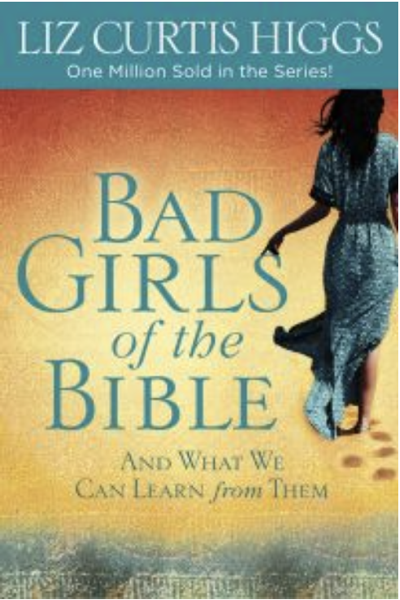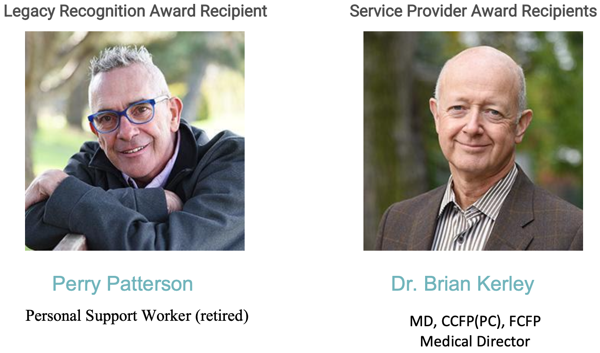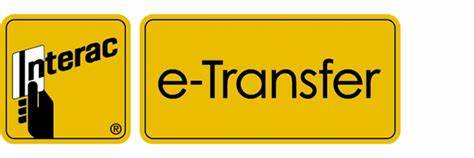Hate the Family?
The gospel passage for this Sunday morning ends with Jesus making a rather shocking statement: “Whoever loves father or mother more than me is not worthy of me; and whoever loves son or daughter more than me is not worthy of me” (Matt.10:37) There is an even tougher version of Jesus’ statement about family and faith in Luke’s gospel: “If anyone comes to me and does not hate father and mother, wife and children, brothers and sisters—yes, even their own life—such a person cannot be my disciple. Whoever does not carry their cross and follow me cannot be my disciple.” (Luke 14:26) That’s quite a challenge by Jesus about the cost of discipleship, about family: hate the family? How does one understand the word ‘hate’ from the mouth of Jesus?
These hard sayings of Jesus do not negate the importance and love of family and friends. It’s always dangerous to read a verse of scripture without considering its several contexts. Jesus’ comments about family are consistent with his vision of the kingdom of God, a world ordered according to the values and character of the God of Love.
There are many such hard sayings of Jesus scattered throughout the gospels; there’s no denying that he challenges people quite forcefully at times. However, we must read such passages in context, to begin with, the historical and social context. At the time Matthew and Luke are writing, in the last decades of the first century CE, the followers of the way, the Christians, are being fiercely persecuted by Rome, dying for their faith. The writers include such harsh sayings in their presentation of Jesus’ life, to remind the early church of the cost of discipleship. Just as Jesus died on a cross, so his followers too may face harsh resistance, even death. That’s the first context: history, what’s happening in the early church community at the time of the gospel’s writing.
Secondly, we must understand the meaning and power of family in the society of that time. The term here does not mean the nuclear family of our understanding; the passage has nothing to do with any current political party’s focus on family values. Family in Jesus’ time referred to kinship, the extended multi-generational family, including its ancestors. People lived in extended families throughout their lifetime; people did not grow up and leave home. Family in that time defined you. It was patriarchal and authoritarian, and your identity, your social status, existed in relation to the father and to the ancestors; genealogy was important—that’s why the gospels of Matthew and Luke begin with Jesus’ family history. Family was who you were, and demanded allegiance; without it, you lost everything. That’s the second context: society.
The third context is the rest of the story of Jesus, everything we learn about him in the scriptures, what he did, what he said, the parables he told. We have to compare the number of times the word “hate” emanates from Jesus with the number of times the word “love” does. In the New Testament, the word “hate” appears 18 times, whereas the word “love” appears 221 times. In the four gospels, Jesus uses the word “hate” 16 times and the word “love” 51 times. Of those 16 references to “hate” from the mouth of Jesus, 12 of them warn of the hatred of the world toward his disciples because of Him: “If the world hates you, you know that it hated me before it hated you.” (John 15:18, 19) Jesus warns his followers of the persecution they will face; remember the historical context mentioned earlier. There are only three other uses by Jesus of the word “hate” similar to that verse from Luke. However, our Lord taught by word and deed the nature of God, that God is a God of Love; Jesus summed up all the law and the prophets with one great commandment: “Thou shalt love the Lord, thy God, . . . and thy neighbour as thyself.” Love is the essence of his teaching, of his earthly ministry. We must place this one verse (Matt.10:37) in the context of Jesus’ entire life and teaching. He spoke very little about hating anyone; he certainly did not give anyone permission to hate.
Finally, there is the original meaning of the word translated as “hate”: it can mean “to love less” or “to put in second place.” For example, from Luke, “No servant can serve two masters: for either he will hate the one, and love the other; or else he will hold to one, and despise the other. Ye cannot serve God and mammon too.” (Luke 16:13) The gospel passage today is consistent with Jesus’ call for us all to be born from above, to a radical centring in God, which upsets the conventions of this world, turns social norms on their head. Jesus is not rejecting family. Considering the concern he expresses for his mother from the cross and the significant role of his brother James in the early church, it is highly unlikely. “That Jesus spoke of loving our neighbour and even loving our enemies makes it impossible to imagine that his final word about family was simply negative . . . He saw the conventional patriarchal family as a constricting institution that demanded a loyalty inconsistent with loyalty to God. To give primary allegiance to it [was a form of bondage and] locked one into the world of convention.” (Marcus Borg) I think it is safe for us to love our loved ones, even the troublesome ones.
One more context in which to read this passage is of course the rest of the NT, the testimony and life of the disciples, of the early church, of St. Paul, for example. If you read Paul’s letters chronologically and remember his history from the book of Acts, you can see that Paul changes over time. As a young man, he fiercely persecutes this new Jewish sect of Jesus’ followers. He sees life and issues in a black and white kind of way. In his first letter, 1 Thessalonians, he was concerned that Jesus’ Second Coming had not yet arrived; he advises against marriage for he expects the Lord’s return in his own lifetime. In Galatians he is white hot with anger against the opinions of no less a person than James, the brother of Jesus. But time mellows a person, as we all know. Paul in his middle years becomes thoughtful, pens that most beautiful hymn to love in 1 Corinthians. And nearing the end of his life, imprisoned, he develops meaningful relationships, personal ones. His one-page letter to Philemon is probably written within two years of his death; it is the only letter of Paul in the NT written to a person, rather than a community. He addresses the letter “To Philemon our dear friend and co‐worker, [and] to Apphia our sister.” In this letter he speaks movingly of the friendship that he has developed with Philemon’s slave Onesimus, describing it as a father-son relationship: “I appeal to you on the basis of love and I, Paul, do this as an old man. I am appealing to you for my child, Onesimus, whose father I have become during my imprisonment.” No one can question Paul’s devotion to Jesus, his centredness in Christ and his passion for the gospel, and here in this letter written near his life’s end he speaks of the importance to him of friendship, of “family.” We have the example of this eminent church father to guide us, as well as Jesus.
These hard sayings of Jesus do not negate the importance and love of family and friends. It’s always dangerous to read a verse of scripture without considering its several contexts. Jesus’ comments about family are consistent with his vision of the kingdom of God, a world ordered according to the values and character of the God of Love. The conventional patriarchal family of his time demanded loyalty to the values of this world, the economic and social structure of Rome and the power and rules of the synagogue. If Jesus is Lord, then Caesar can’t be. If God is Father, then your dominating patriarch can’t be. “Who is my mother and my father? Who is my brothers and sisters? He who does the will of my Father in heaven.” (Mark 3:35) Jesus invites us into a new extended kin-dom, one centred in God, not the values and conventions of this world. Our church family and our worshipping community are necessary to nourish us in faith, hope and charity. As Brian McLaren puts it so succinctly, “the church exists to form Christlike people, people of Christlike love.” But as with all families, tensions arise; it was so in the early church, yet it is surprising, shocking, harmful to see disagreements today. People outside the church are put off by the unChristlike behaviour they witness inside the church; so are church members, and they drift away. But, as with all families, forgiveness and reconciliation are possible. Remember how Joseph was reunited with the brothers who sold him into slavery. Recall how Esau forgave his brother Jacob. Consider the ending of the Parable of the Prodigal Son, with the older son outside the house while the younger profligate boy is partying inside, and their father stands between them, urging reconciliation. A cliff-hanger of an ending, it’s probably the more realistic mirror of our relationships within family and church and nation. Let us pray that we will hold fast to our ideals, to the way, the truth and the life. Let us pray that the Spirit will guide our faith family “along paths of righteousness for his name’s sake.”











